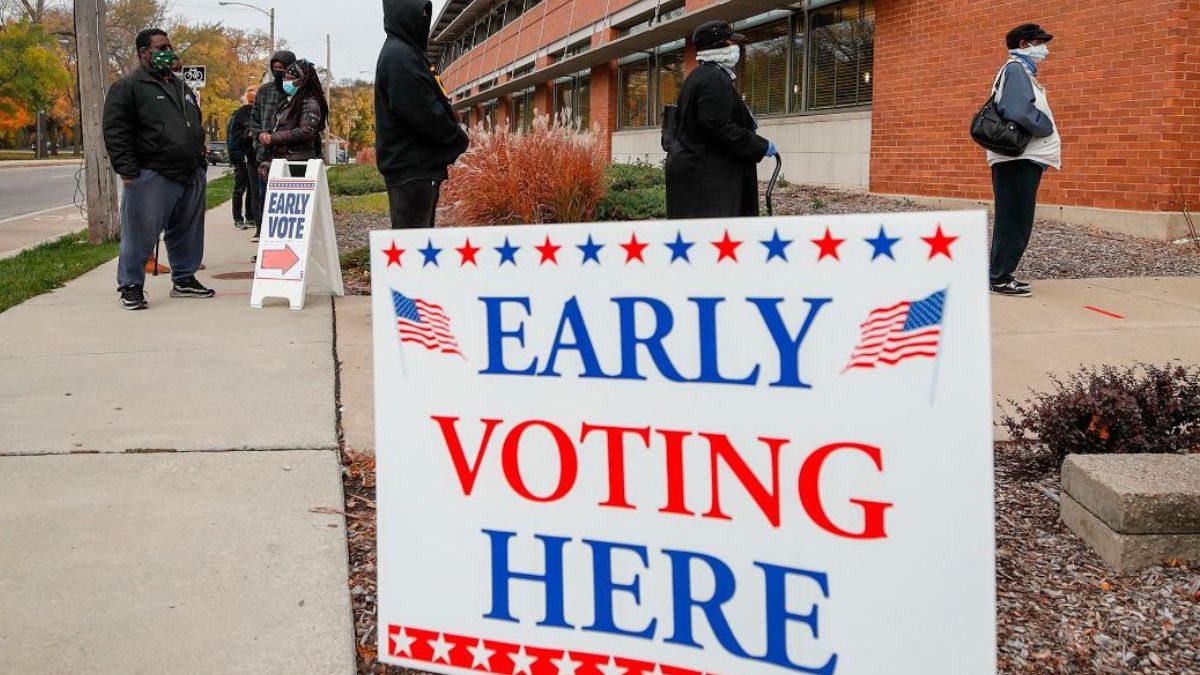As early voting begins in many parts of the country, the 2024 election season is now in full swing. Gone are the days when Election Day was a single event. Instead, voters across the nation are taking advantage of early voting options, marking the start of what has effectively become an “election season.” This extended voting period offers both opportunities and challenges for candidates and campaigns, as they must now sustain voter engagement over weeks rather than focusing solely on the final push before a single election day.
The rise of early voting, which allows voters to cast their ballots days or even weeks before Election Day, has transformed the way campaigns operate. Candidates can no longer rely on a last-minute surge of support but must keep their messages fresh and their ground games active throughout the voting window. This shift means that critical decisions are being made earlier, with a growing percentage of the electorate voting well before the traditional first Tuesday in November.
For voters, early voting offers convenience and flexibility, allowing them to participate in the electoral process at a time that works best for them. Whether it’s avoiding long lines, having time to carefully consider down-ballot races, or simply working around busy schedules, many Americans are embracing this new normal. In 2020, a record number of voters cast their ballots early, a trend that is expected to continue in 2024 as more states expand early voting options and promote voter participation.
However, this extended election season also raises new challenges for campaigns. A slow start or a misstep early on can have a more lasting impact, as early voters lock in their decisions well before Election Day. Additionally, campaign strategies must now account for a more dynamic timeline, where major events or developments could sway the electorate at any moment, yet thousands of ballots may have already been cast.
From a broader perspective, the expansion of early voting reflects a shift in the way Americans engage with elections. Voters are increasingly treating elections as a process rather than a singular event, with many doing their research, casting ballots, and tracking results over a longer period.


